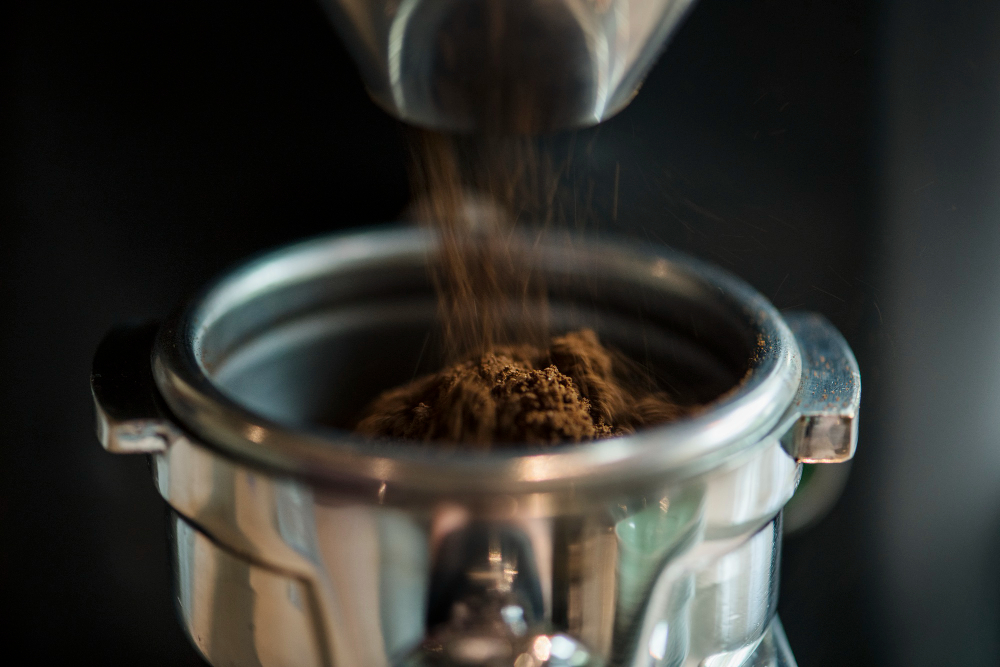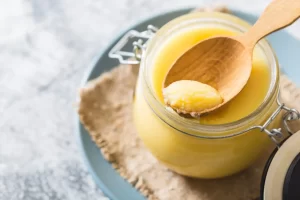For many coffee lovers, the thought of drinking decaf has long been associated with disappointment. Bitter flavors, flat profiles, and a lack of the rich, nuanced taste we expect from our favorite brews often come to mind. But what if there was a way to enjoy a smooth, flavorful cup of coffee without the caffeine jitters? Enter the Water Process Method a game-changer for anyone seeking a better decaf experience.
In this article, we’ll explore what makes the Water Process Method, also known as the Swiss Water Method, stand out in the world of decaffeinated coffee. We’ll dive into how it works, why it produces a smoother cup, and how you can brew the best decaf at home. Whether you’re a dedicated decaf drinker or simply looking for a caffeine-free option that doesn’t compromise on taste, this guide is for you.
The Challenge with Decaf Coffee
Decaf coffee has long carried a bit of a stigma among coffee enthusiasts. Many associate it with a lack of flavor, bitterness, or even chemical aftertastes. This isn’t entirely unfair traditional decaffeination methods often use solvents like methylene chloride or ethyl acetate to strip caffeine from coffee beans. While these processes are effective at reducing caffeine, they can also remove or alter many of the compounds responsible for coffee’s rich aroma and flavor. The result? A cup that can taste dull, flat, or harsh.
For those who love the ritual and taste of coffee but want to avoid caffeine whether for health reasons, sensitivity, or lifestyle choices this presents a real dilemma. Can you really have a great-tasting decaf coffee? The good news is, with the Water Process Method, you absolutely can.
What Is the Water Process Method for Decaffeination?
The Water Process Method is a chemical-free approach to removing caffeine from coffee beans while preserving their flavor. The most well-known version is the Swiss Water Process, a proprietary technique developed in Switzerland in the 1930s and later refined in Canada.
Here’s how it works:
-
Soak and Extract: Green (unroasted) coffee beans are soaked in hot water. This extracts both the caffeine and many of the flavor compounds.
-
Filter Out the Caffeine: The water, now saturated with coffee compounds, is passed through a carbon filter designed to trap caffeine molecules. The result is a liquid called Green Coffee Extract (GCE), which contains all the coffee’s natural flavors but no caffeine.
-
Preserve the Flavor: A fresh batch of green beans is then added to the GCE solution. Since the water is already saturated with coffee solubles, only the caffeine is drawn out from the beans, leaving most of the flavor compounds intact.
-
Repeat and Dry: This process is repeated until the beans are 99.9% caffeine-free. The beans are then dried, ready for roasting.
Unlike traditional methods, the Water Process doesn’t use any added chemicals. It relies solely on water, carbon filtration, and osmosis to achieve decaffeination, making it a popular choice for health-conscious and environmentally aware coffee lovers.
Why Water-Processed Decaf Tastes Smoother
One of the most significant benefits of the Water Process Method is the way it preserves the coffee’s natural flavor profile. Here’s why water-processed decaf often tastes smoother and more enjoyable:
-
Retention of Key Flavor Compounds: The Water Process is designed to remove caffeine while leaving behind the organic acids, sugars, and aromatic compounds that give coffee its body, sweetness, and complexity.
-
No Chemical Residue: Because no solvents are used, there’s no risk of chemical aftertastes or residues that can contribute to bitterness.
-
Gentle Processing: The water extraction process is less harsh on the beans compared to solvent-based methods, resulting in a cup that’s closer to the taste of regular coffee.
The result is a decaf that retains much of the bright acidity, full-bodied texture, and nuanced notes that coffee lovers crave whether it’s chocolatey, fruity, or floral.
The Benefits of Choosing Water-Processed Decaf Coffee
Opting for water-processed decaf isn’t just about taste. It comes with a range of other benefits:
-
Healthier Choice: Many people prefer to avoid exposure to chemicals used in solvent-based decaf. The Water Process offers a natural alternative that’s completely chemical-free.
-
Environmental Sustainability: The process is water-based and eco-friendly, with no harmful chemicals released into the environment.
-
Certified Quality: The Swiss Water Process facility is certified organic, kosher, and halal, ensuring a high standard for ethically sourced and processed coffee.
For coffee drinkers who want to enjoy their daily ritual without the caffeine and without compromising on quality water-processed decaf is a no-brainer.
Brewing the Best Water-Processed Decaf at Home
Once you’ve chosen a high-quality Swiss Water Process decaf, brewing it properly can make all the difference in your cup. Here are some tips to help you get the smoothest, most flavorful decaf experience:
-
Grind Size Matters: Adjust your grind size based on your brew method—medium-coarse for pour-over, coarse for French press, and medium for drip machines.
-
Use Freshly Roasted Beans: Freshness is key for decaf too. Look for a roast date and buy from roasters who specialize in small-batch, water-processed decaf.
-
Mind Your Water: Use clean, filtered water at the right temperature (195-205°F or 90-96°C) to avoid over-extraction, which can lead to bitterness.
-
Experiment with Ratios: Start with a 1:16 coffee-to-water ratio (1 gram of coffee to 16 grams of water) and adjust to taste.
Bonus tip: Pair your decaf with light snacks or desserts that complement its flavor profile, like dark chocolate for a chocolatey decaf, or a citrus tart for a fruity one.
Final Thoughts: Why More Coffee Lovers Are Embracing Water-Processed Decaf
Decaf coffee doesn’t have to mean settling for second best. The Water Process Method, and particularly the Swiss Water Process, offers a way to enjoy the rich, complex flavors of coffee without the caffeine and without the compromises.
For coffee lovers who want to savor every sip without the side effects of caffeine, water-processed decaf opens up a world of possibilities. It’s a smoother, cleaner, and more flavorful option that lets you keep your coffee ritual, no matter the time of day.
So next time you’re browsing for a bag of beans, don’t overlook the decaf section especially those marked as Swiss Water Process. Your taste buds just might thank you.






